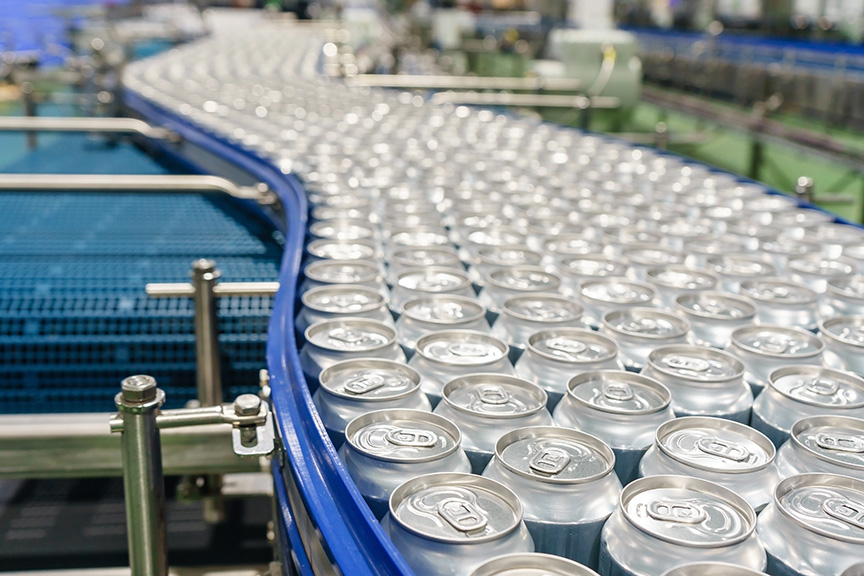Food and recipe development requires knowing your target audience. Today’s article looks at the unique food motivators of Generation Z, born between the mid-1990s and late 2010.
By Gul Basak Kiroglu
The very first TV screen image impressed in my mind, the one that I still remember quite clearly with all the emotions, is Lady Diana in a wedding dress. When I asked my 23-year-old brother what he remembers as his first screen image, he said a Polar bear trapped on a tiny ice plate in the middle of the Nordic sea. My brother is Generation Z (Gen Z), a group with experiences and consumer habits that are changing the world.
The Gen Z demographic, born between the mid-1990s and late 2010s, is one of the largest population groups globally. In the USA alone, the cohort encompasses more than 68 million people. They are a generation who grew up with the Internet and experienced the uncertainty of a pandemic. Gen Z consumers are demanding and vocal in their beliefs, as well. They are aware of social, political and environmental issues and share their viewpoints on social platforms.
When considering food and recipe development, the eating habits of the Gen Z consumer cannot be described in simple trends. Their food choices are influenced by their lifestyle priorities: sustainability, health and natural ingredients.

Sustainability Drives Food and Recipe Development
Plastic bottles? Intensive farming? Imported products compared to local? Gen Zers are saying, “No.”
Both the environment and animal welfare are top concerns for this generation, which affects their food choices. Remember my brother’s Polar bear memory? Gen Zers are willing to pay more for sustainable options for both food ingredients and packaging. “From farm to fork,” “0 Km,” “Compostable” and “Organic” are the key terms they look for on labels and should be considered in food and recipe development. The group invented Flexitarian eating, which is primarily a vegetarian diet with occasional use of animal products. Gen Zers are exploring the replacement of traditional animal proteins with lab-cultured or plant-based proteins, or what they consider more sustainable alternatives such as Grass-fed beef. They are reducing the use of plastics and replacing with other materials.
Health and Functional Nutrition
Ultra-processed foods? Sugar? Alcohol? “No, no, no.”
Innovative companies in food and recipe development recognize that heavily processed foods are being identified globally as a threat to public health. Foods and beverages high in salt, fat or sugar are being taxed in a multitude of countries. With the rising awareness of health related issues affected by diet, functional foods have become part of the daily ritual for the Gen Z consumer.
Last year the WHO issued a statement declaring no safe levels of consumption for alcohol. The US Dietary Guidelines’ systematic review supported low intakes of alcohol, but their conclusion statements did not specify an amount of alcohol that was associated with health promotion or disease prevention. Some scientists are suggesting that the Mediterranean Diet, long the example of healthy eating by nutritionists, should ban red wine from the list of healthy foods. The shifting tide of regulations and consumer preferences creates a unique moment of opportunity for alcohol manufacturers as the new generation simultaneously drives demand for quality low- and no-alcohol alternatives. The global no- and low-alcohol market is set to grow exponentially, reaching $359 billion by 2026, a 67% increase that far outpaces projected growth for traditional alcoholic beverages and spirits.
Food Product Trends: Natural Ingredients and Clean Labeling
Too many ingredients? Artificial additives? Non-organic? “No again.”
Although inflation is pressuring the overall natural foods market, natural ingredients and clean labeling are still a priority for the Gen Z consumer. Clean label products are generally described in the industry as having as few ingredients as possible, easy-to-recognize ingredients and no artificial or synthetic ingredients.
With 63% of American Gen Z consumers believing that their food choices need to reflect their health, values or political beliefs, no wonder why they often feel exhausted about their food decisions. Food companies have an opportunity in food and recipe development to develop affordable and good-tasting products that answer the Gen Z consumers’ unique priorities on sustainability, health and clean labels.









